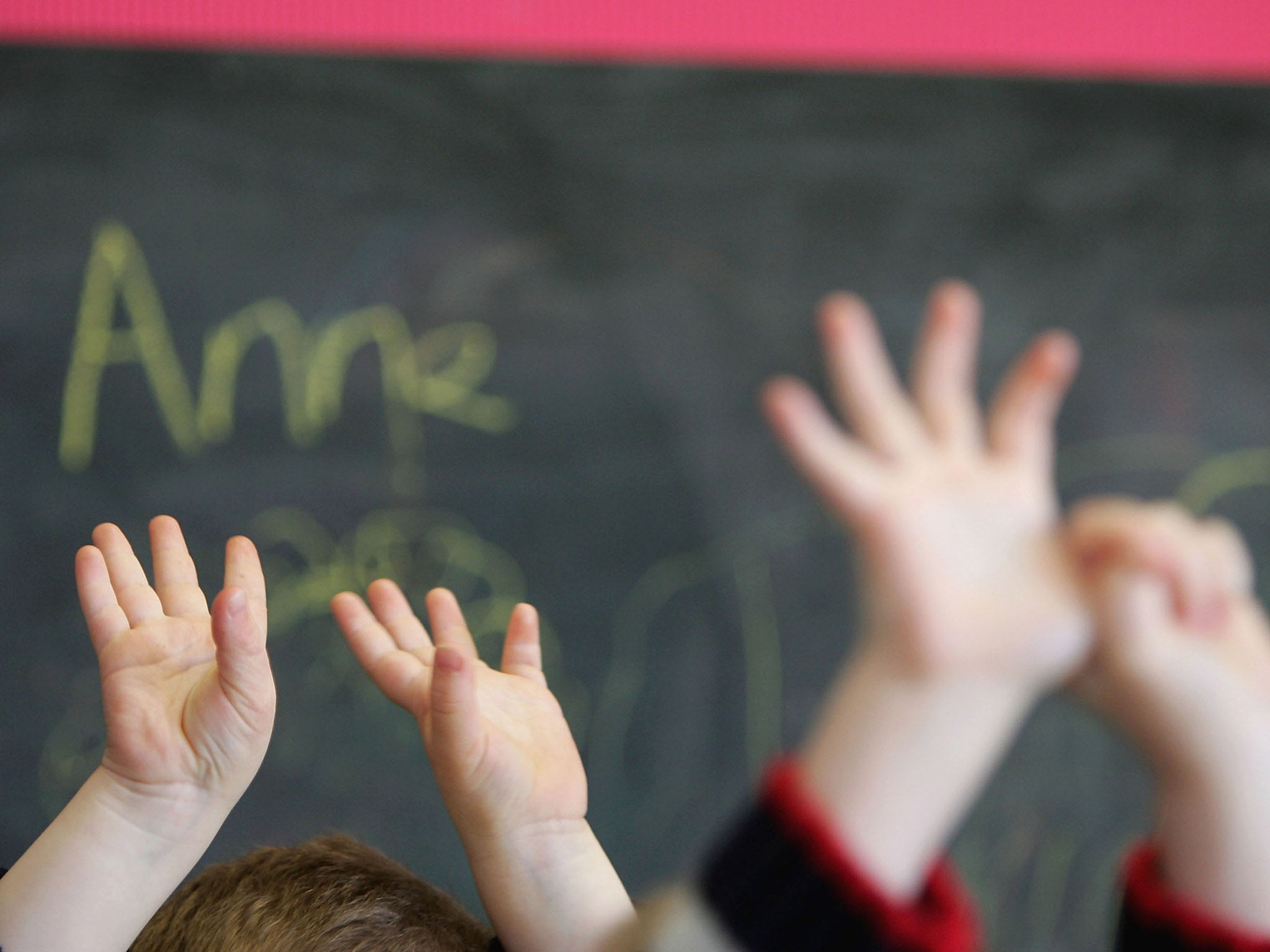Families failing to meet basic costs of raising children due to benefit cuts and rising inflation, report reveals
A couple on the National Living Wage now earns 13 per cent less than the amount needed to provide essentials for their child, the report calculated

Low-income parents are increasingly struggling to meet even the basic cost of raising children amid rising inflation, falling real wages and frozen benefits, according to new research.
In a damning report, the Child Poverty Action Group lays bare the realities of low-wage, austerity Britain in which families face a “yawning gap” between what they need and what they have.
The cost of supplying the essentials that are needed to raise a child to his or her 18th birthday, excluding housing costs, rose 4 per cent to £75,400 for a two-parent family in the year to April.
A couple on the National Living Wage now earns 13 per cent less than the amount needed to provide essentials, the report calculated. A lone parent on the maximum level of benefits now falls 31 per cent short of the cost of child-rearing, up from 22 per cent in 2012.
“For the first time in post-war history, these cost increases are not being matched by increases in support given to families from the state,” said report author Donald Hirsch, director of the Centre for Research in Social Policy at Loughborough University.
He said the cuts are, “particularly painful for non-working families, who have little over half of what they need.”
The report measures the cost of raising a child as the difference between what parents would spend on their basic living costs with and without children, rather than the absolute cost of child-rearing.
On this measure, lone parents have been hit hardest by recent benefit cuts, the CPAG found, with the cost of raising a child soaring more than a fifth in just five years. Couples have seen costs jump by 8.7 per cent.
Child benefits and tax credits have not increased since 2015 and several elements have recently been axed. The result is that, as prices rise, state payments are increasingly inadequate to cover living costs, the CPAG said.
For those in work, the Government’s introduction of the National Living Wage has not allowed people to make ends meet. A 4 per cent increase in the statutory minimum pay level has been largely clawed back through reduced tax credits, which are means tested, the CPAG found. Inflation has eaten up the rest and more. The Office for National Statistics reported last week that price rises are again outsripping wages largely as a result of the weak pound which has made imports more expensive.
Even single parents on the UK’s median wage earn 14 per cent less than the minimum they need to bring up a child in what Britons consider an adequate standard of living. A couple on the average wage earns 8 per cent more than the amount they need to reach that standard, the research found.
Both in-work and out-of-work families have been hit by a range of recent benefit changes, and the effects will become worse as cuts take full effect, CPAG warned.
It said the reduced cap on total benefits which took effect in 2016 has begun to have “significant effects” on the ability of families to make ends meet. The family element, which was paid to all families receiving tax credit and covered 7.3 million of the UK’s 12.9 million children has only just begun to hurt. As has the limit on child tax credit entitlements to two children, which is estimated to affect 3 million children.
The changes come after child poverty had already increased in both 2015 and 2016, with 20 per cent of children now living below the poverty line according to the latest figures from the Department for Work and Pensions.
Business news: In pictures
Show all 13The CPAG report calls into question Prime Minister Theresa May’s commitment to helping the “just about managing”. It also comes just a day after she faced a backlash from dozens of Tory MPs, including 20 former ministers, over the decision to drop a key general election proposal to cap energy bills for 17 million British people.
Katie Schmuecker, head of policy at the Joseph Rowntree Foundation which commissioned the CPAG research, warned that “tough times are set to get even tougher”.
She called on the Government to use the next Budget to help struggling families.
“By ending the freeze on working age benefits and reversing the two child limit on Universal Credit, the Government can give low income families much-needed respite from the strain on their living standards,” she said.
Chief executive of CPAG Alison Garnham said her organisation’s research shows the benefit freeze means children will be “the main losers with the return of inflation”.
There is now a “yawning gap between what ordinary families need for a no-frills living standard and what they actually have”, Ms Garnham said.
She added: “With the return of inflation the benefits freeze has become toxic for struggling families."
Subscribe to Independent Premium to bookmark this article
Want to bookmark your favourite articles and stories to read or reference later? Start your Independent Premium subscription today.

Join our commenting forum
Join thought-provoking conversations, follow other Independent readers and see their replies